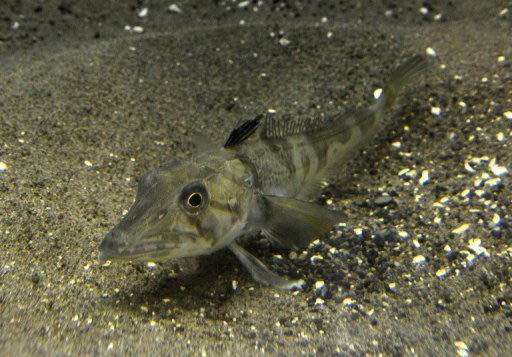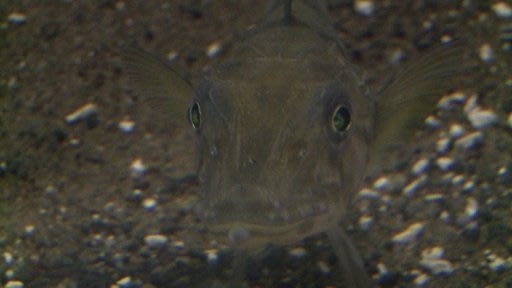Japan aquarium shows mysterious clear-blood fish - The deep oceans have yielded many mysteries that have puzzled people for centuries, from the giant squid to huge jellyfish that look like UFOs. To that list add a fish with totally transparent blood.
The Ocellated Ice Fish lives in the freezing waters of the Antarctic Ocean, where it manages to keep its body doing all the things that other fish do, but with blood that is absolutely clear, researchers told AFP on Friday.

AFP/AFP - An ocellated ice fish swims in a fish tank at Tokyo Sea Life
Park on Friday. The Ocellated Ice Fish lives in the freezing waters of
the Antarctic Ocean, where it manages to keep its body doing all

A fish with transparent blood and a big heart is a prize catch for a Japanese aquarium, boasting the world's only ocellated ice fish in captivity.
The reason, say experts at Tokyo Sea Life Park, is that the Ocellated Ice Fish has no haemoglobin, making it unique among vertebrates the world over.
Haemoglobin is the protein found in every other animal with bones. It is what makes blood red and is the agent that carries oxygen around the body.
The fish, which has no scales, is a prize catch for the aquarium, the only place on the planet that has the curious specimen in captivity.
Satoshi Tada, an education specialist at the centre, said very little is known about the fish, which was brought back to Japan by krill fishermen.
"Luckily, we have a male and a female, and they spawned in January," he told AFP, adding that having more examples to study might help scientists unlock some of the fish's secrets.
Researchers believe the fish can live without haemoglobin because it has a large heart and uses blood plasma to circulate oxygen throughout its body.
Its skin is also thought to be able to absorb oxygen from the rich waters of the Antarctic, where it is found at depths of up to a kilometre (3,300 feet).
But the evolutionary mechanism that left this creature with clear blood running through its veins is a mystery.
"Why is it the fish lost haemoglobin? More studies are needed on the question," Tada said. ( AFP )
No comments:
Post a Comment